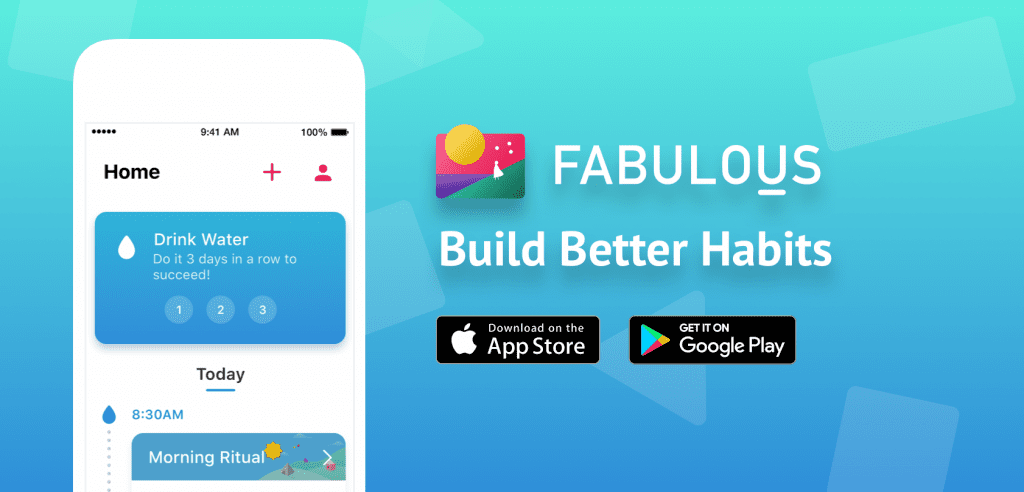According to Dan Ariely’s book, Predictably Irrational, we have a puzzling quirk.
It’s time for a coffee break and you’ve decided to walk past Starbucks and into a local café. You spy two coffee shops next door to each other and each has a sign featuring a daily special. The first shop, The Grind, features a “steamy cappuccino with vanilla bean and cinnamon.” The other shop, Jo Shmoe Brewing Company, is offering a “warm, sensational espresso made from hand-roasted 100% Arabica beans and lusciously blanketed with perfectly steamed milk, seasoned with decadent vanilla bean and dusted with a pinch of cinnamon.” Which do you choose?
An observant reader might notice that these two featured drinks are exactly the same thing! Both are a cappuccino with vanilla bean and cinnamon, but Jo Shmoe’s version sounds much more appetizing, doesn’t it? The truth is, a Jo Shmoe cappuccino will even taste better, even if it’s the same as option A. Why is that?
Ariely found that our experiences are not only influenced by our expectations, but are dictated by them.
[the_ad_group id=”151″]
We are easily fooled by our expectations
When the Washington Post asked world-renowned violinist Joshua Bell to pose as a street performer, the thought was that people would recognize his skill was superior to that of the average busker. But what happened was the opposite. Only people who well-versed in classical music or knew Bell took notice.
The reason is simple: People expected a mediocre street performer and that is what they saw and heard, even if the reality was wildly different. Our expectations not only shape our beliefs and behaviors, they alter our cognitive processes. When performing the famous Pepsi Test with a twist—the attachment of an fMRI machine to test subjects—researchers found that different parts of the brain were activated when the subject versus people who didn’t. People who knew they were drinking Coca Cola saw extra activity in the parts of the brain associated with working memory and associations. In other words, association with the Coke brand made the drink taste better to participants.
It’s this kind of cognitive bias that influences how we interpret sports, politics, current events, and interactions with other people. It’s what leads us to products and services that received great reviews. It can even shape how picky children interpret the new foods they try. Positive associations make for positive experiences, and negative associations make for negative experiences.
No expectations make life more honest. Positive expectations make life more enjoyable.
It can be hard to approach life with zero expectations. Our brains don’t like to enter new situations completely blind. It will do whatever it takes to build up some level of expectation for events. We draw from stereotypes of people, places, and our personal experiences to make sense of a very complicated world.
Furthermore, having no expectations can actually reduce the amount of pleasure one feels during an experience. Watching your favorite band perform live with no expectations won’t be nearly as satisfying as it would be if you listened with the positive expectation that the show will be awesome. With positive expectations, your mind taps into the happy memories you have listening to the band’s music before, or interacting with other fans, and it amplifies the amount of happiness your feel in the moment.
Positive expectations allow us to enjoy things more. They change our perception of the world for the better and result in our interpretations of events being more positive. In other words, framing our expectations of new or unfamiliar situations in a positive light can act as a self-fulfilling prophecy and actually make them more pleasurable for us.
For conflicts or negative experiences, however, a lack of expectations can be a good thing. If you and a friend are arguing, a neutral third party can make a fantastic mediator, as they have no expectations to color their interpretation of events like you and your friend have.




